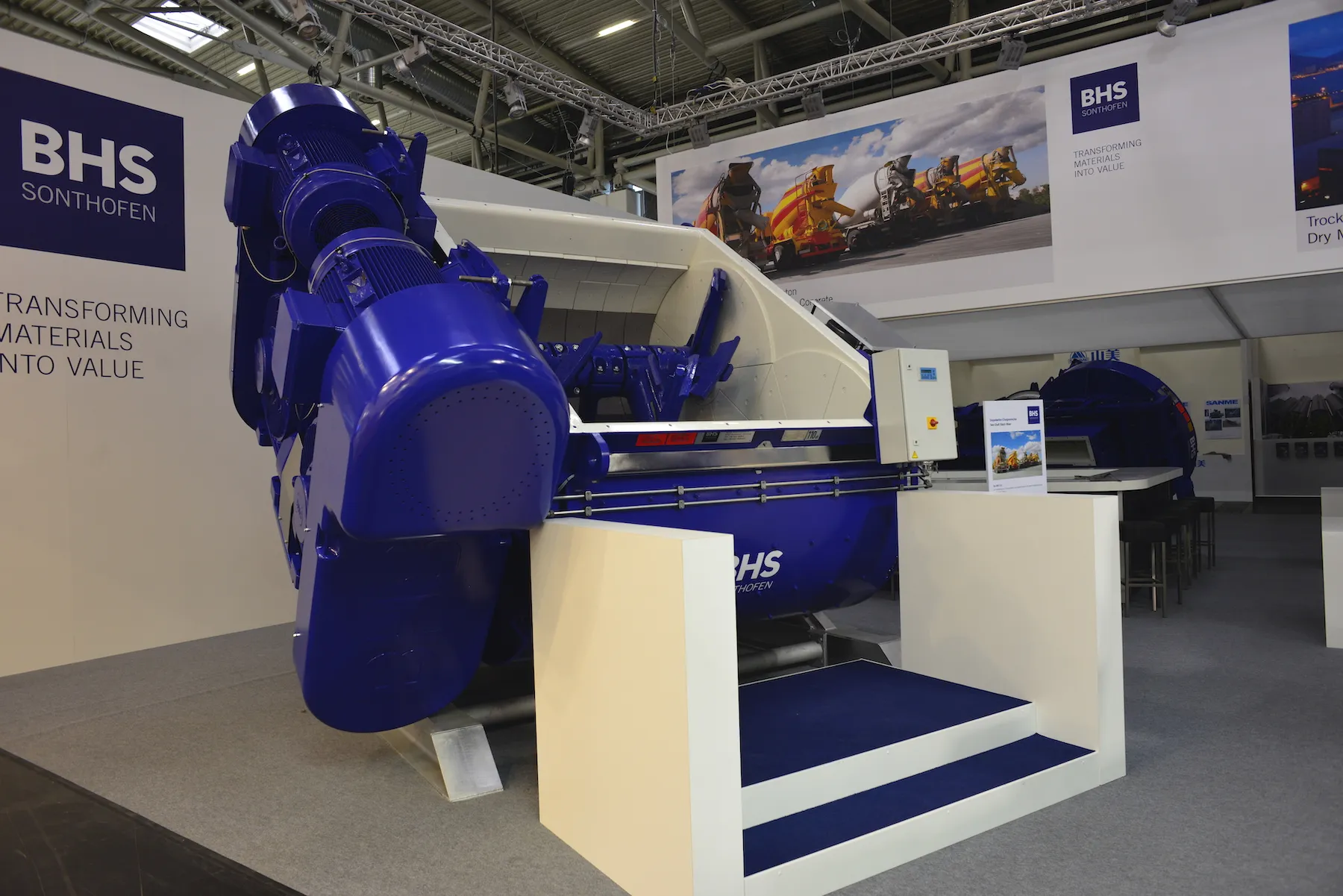BHS-Sonthofen is unveiling twin-shaft mixers of the new DMX series, which are adapted to the special requirements of mixing dry materials, such as cement, dry mortar, bonding compounds and dry shotcrete. The new mixers are specially tailored to the production of dry material mixtures, and are said to be suitable for mixtures containing all manner of aggregates, cement, small dry components, plastic fibres and cellulose. With an extensive modular system and various options, they can be customised to the prod
February 26, 2013
Read time: 2 mins

The new mixers are specially tailored to the production of dry material mixtures, and are said to be suitable for mixtures containing all manner of aggregates, cement, small dry components, plastic fibres and cellulose.
With an extensive modular system and various options, they can be customised to the products of the user, from fine-grained materials such as cement to mortar mixtures with coarse particles up to 8mm in size.
BHS says it offers a range of machines with throughput rates of up to 300tonnes/hour.
Compared with single-shaft mixers, they offer considerably better mixing with short mixing cycles. Furthermore, the DMX mixers are more compact than single-shaft mixers and also represent good value for money.
BHS has developed the DMX series on the basis of the twin-shaft batch mixers, which have been used in thousands of concrete mixing applications.
The mixing mechanism consists of mixing tools that are arranged in the form of a discontinuous spiral on each of two counter-rotating mixing shafts. They generate a three-dimensional spiral motion with intensive exchange of material in the turbulent zone of overlap between the two mixing cycles.
Counterblades positioned at the ends of the shafts deflect the material in such a way that all material is repeatedly routed back into the mixing process. Due to the three-dimensional motion and the recirculation of the material, there are no dead zones anywhere in the mixing trough.
Stand: B2.325/420
%$Linker:
%$Linker:






